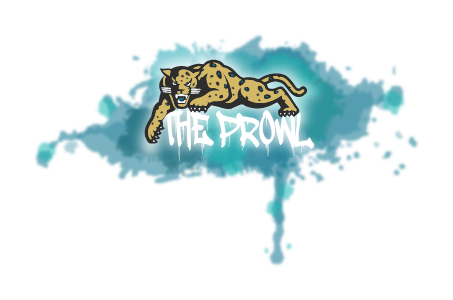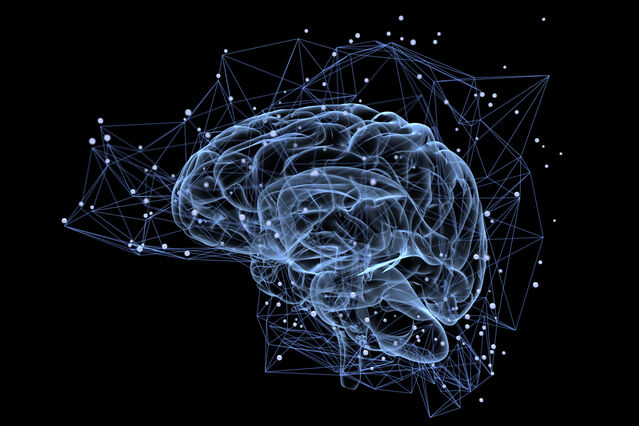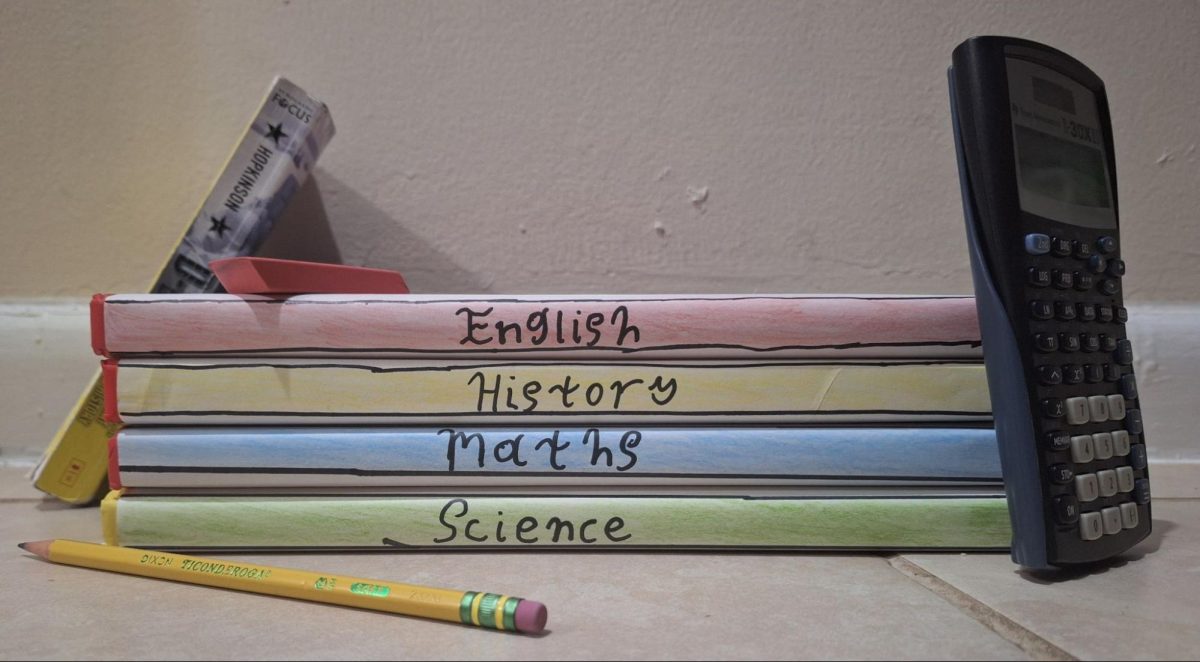Educational Psychology is about as simple to explain as it sounds. It is the study of how people learn and retain information. Typically, it is focused on the processes of early childhood learning and adolescence, but the topic speaks to all age ranges.
When we say that it is the study of how people learn while yes the typical visual, kinesthetic, aural, and auditorial, learning types come into play educational psychology goes even deeper, reaching an entirely new level of understanding.
Educational psychologists research and delve into the biological, cognitive, social, and even emotional factors that affect the learning process.
Educational psychology can fully promote learning and information retention because it goes into the depths of learning. It uses and incorporates a multitude of psychological disciplines into one topic.
Such as developmental psychology; which would be the way your brain develops and grows in the mental sense. It also uses cognitive psychology; speaking about your brain and how it works, formulates thoughts, and such. Along with these two and many others, it also uses behavioral psychology; In other words the study of why and how people do the things they do, the study of behaviors.
I asked Freshman Chloe Todd how she thinks that the gifted and high achieving programs throughout elementary and middle school accommodated her better than if she had been in the regular classes. She said, “First of all, we had harder, more advanced work, but I think that overall the teachers were a lot more interactive and hands-on when teaching us. I also think that we just had a more fun time and got to experience more in the gifted classrooms.”
I asked Shyleen Khan, a Freshman, how she thinks that her teachers throughout her academic career have helped her and she said, “I think that they understand and cultivate our environment and match the students’ energy, they teach in a way that makes us want to learn, they allow us to be our individuals. My teachers growing up always had us do a lot of collaboration projects and this worked for me especially because I am a more visual and kinesthetic learner.”
Now, we always have to look at the fuller picture when thinking about topics with this kind of scope. While there of course will always be exceptions and students who are better in one area and worse in another, overall when you have a specific age group you want to be prepared to teach them things specifically for them in a way they will understand.
For example, if you had to teach 3rd graders math, you wouldn’t use extremely complicated language and topics that are way beyond their mental capabilities. You would teach them using simplified and easy-to-understand language and tactics in a way that would make it easy for them to retain the information.
So, when you have the question, ‘How does educational psychology promote learning and the retention of information?’ You can truthfully say that it takes a plethora of gathered information from many psychological domains to formulate and design a specific plan for teaching the students the specified qualities.
This, in turn, will help the students learn and retain information, because they are being taught using tactics and strategies that positively benefit them.
When you look at all of the facts and reasoning laid out here today we can see very clearly how educational psychology promotes and plays an enormous part in learning and the retention of information.









